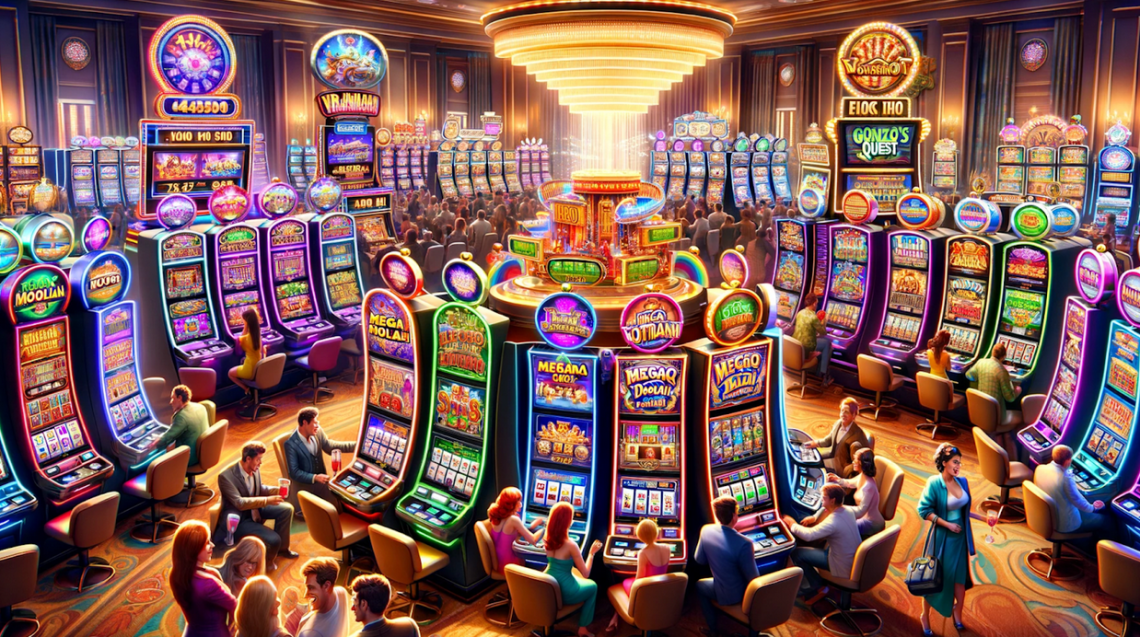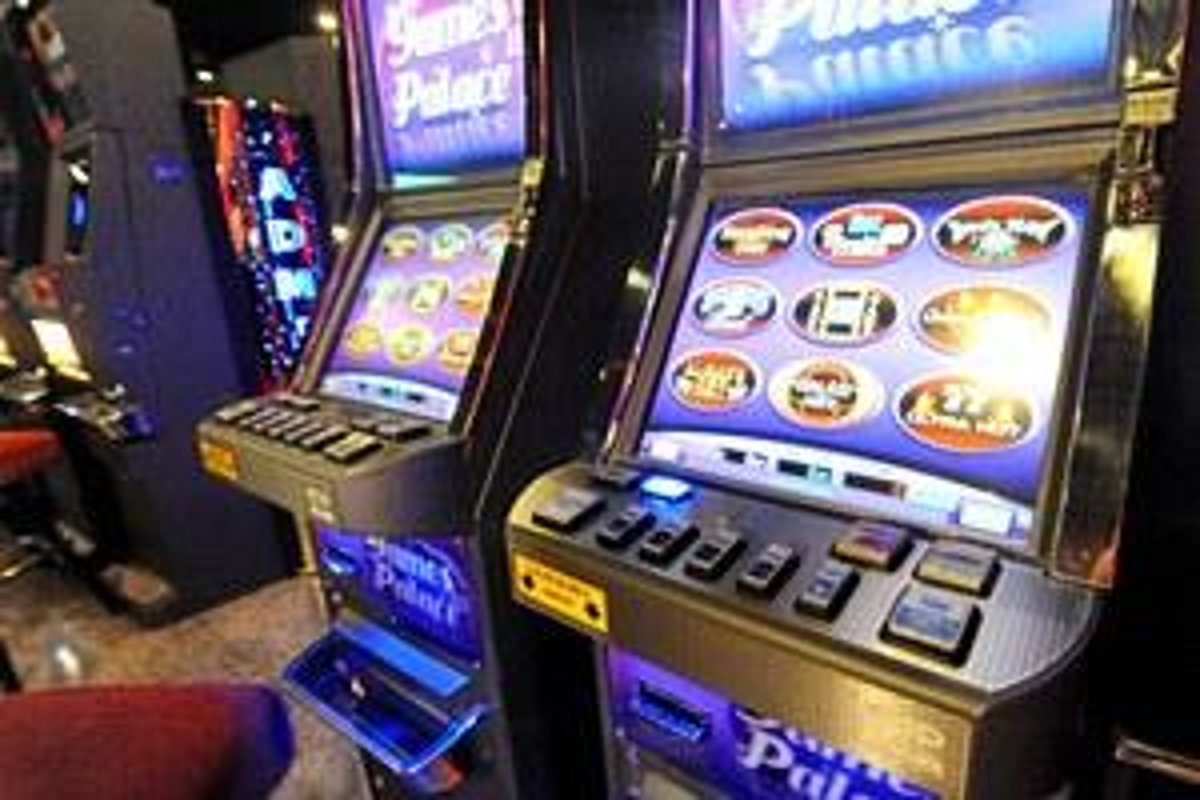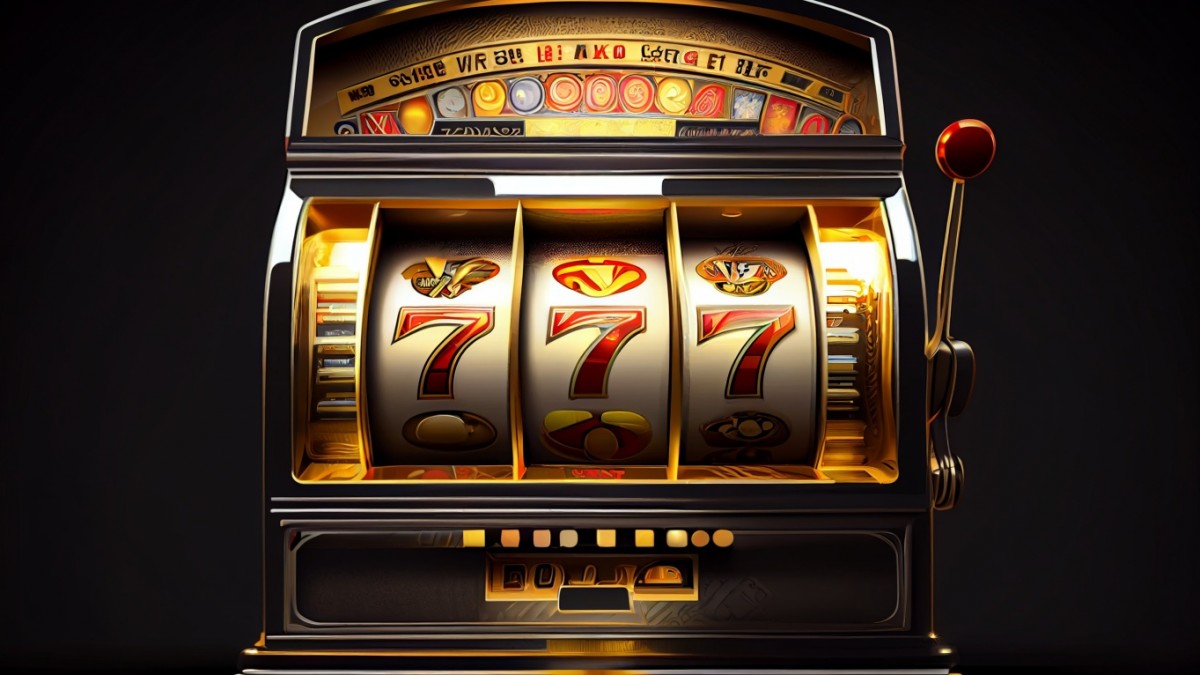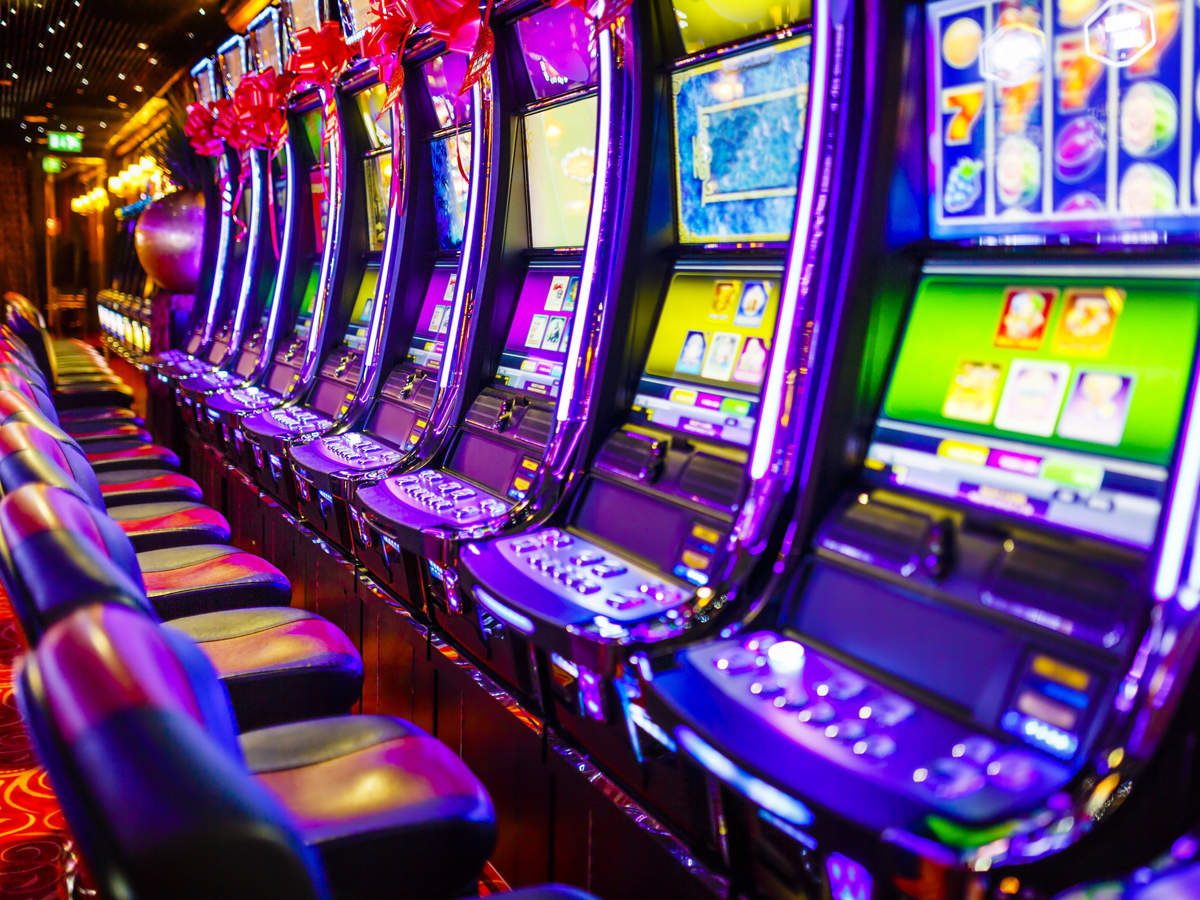Online slot sites have revolutionized the gambling industry, offering players an unparalleled gaming experience from the comfort of their homes. Whether you are a casual player looking for entertainment or a serious gambler aiming for big wins, online slots provide numerous advantages over traditional land-based casinos. The convenience, game variety, bonus offers, and better payout rates make online slots a preferred choice for many. Let’s explore the biggest advantages of online slot sites and why they continue to attract millions of players worldwide. One of the most significant advantages of online slot sites is the vast selection of games available. Unlike physical casinos, which have limited space and can only accommodate a certain number of machines, online platforms offer thousands of slot games with different themes, features, and payout structures. From classic fruit machines to modern video slots with immersive graphics and engaging storylines, players have endless choices.

Additionally, online casinos frequently update their game libraries, ensuring that players always have something new and exciting to explore. This variety keeps the gaming experience fresh and enjoyable, making it easier for players to find games that suit their preferences. Another major advantage of online slot sites is the convenience they offer. Players no longer need to travel to a casino to enjoy their favorite slots. With just a few clicks, they can access a wide range of games on their desktop, laptop, or mobile device. This accessibility allows players to enjoy their favorite slots anytime and anywhere, whether at home, during a break at work, or while traveling. The availability of mobile-friendly slot sites and dedicated casino apps further enhances the gaming experience, ensuring smooth and seamless gameplay across different devices. Online Slot Terbaru sites also provide generous bonuses and promotions, which significantly boost a player’s bankroll and winning potential. Whether you are looking for fun or hoping to hit a big win, online slot sites deliver more games, more joy, and more opportunities to win.
Welcome bonuses, free spins, deposit matches, cashback offers, and loyalty rewards are just some of the incentives that online casinos offer to attract and retain players. These promotions give players extra opportunities to play and win without risking their own money. Compared to traditional casinos, which rarely offer such bonuses, online slot sites provide a much more rewarding experience, making it easier for players to maximize their enjoyment and potential profits. Higher payout rates and return-to-player RTP percentages are another major benefit of online slot sites. Since online casinos have lower operating costs than brick-and-mortar establishments, they can afford to offer better payout percentages to players. Most online slots have an RTP ranging between 95% and 98%, which means players have a higher chance of winning compared to physical slot machines. Additionally, online slots often feature progressive jackpots, where a portion of each bet contributes to a growing prize pool, giving players the chance to win life-changing sums of money. Online slot sites offer numerous advantages, making them a preferred choice for players worldwide.





